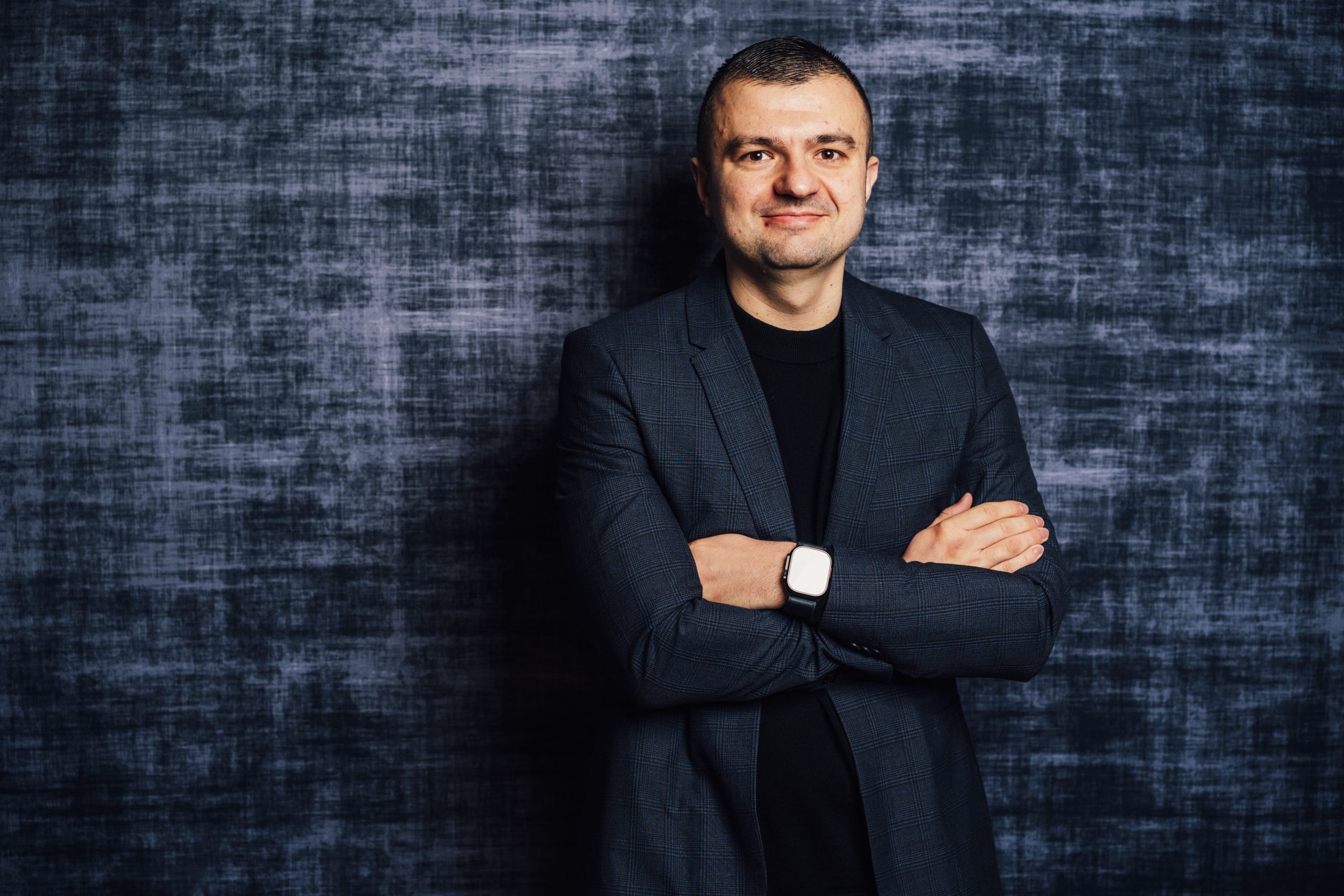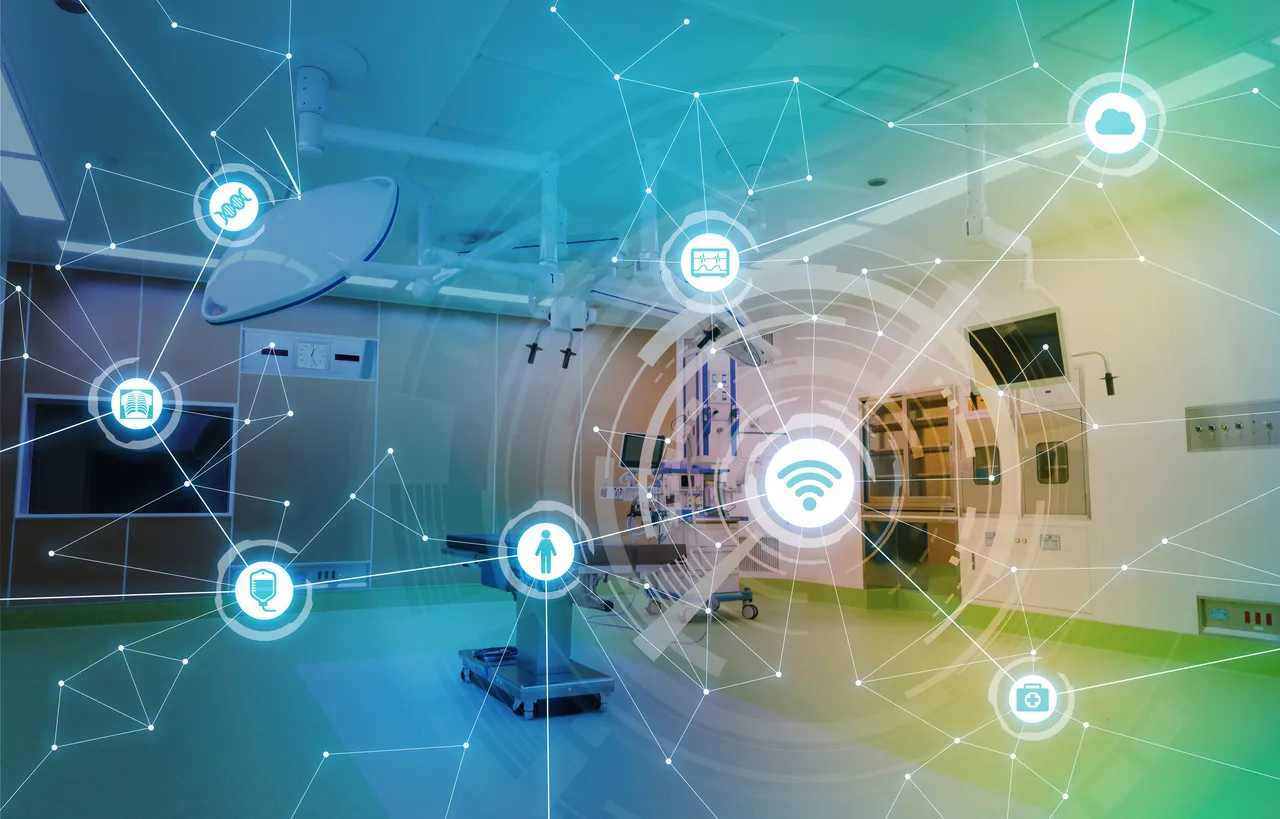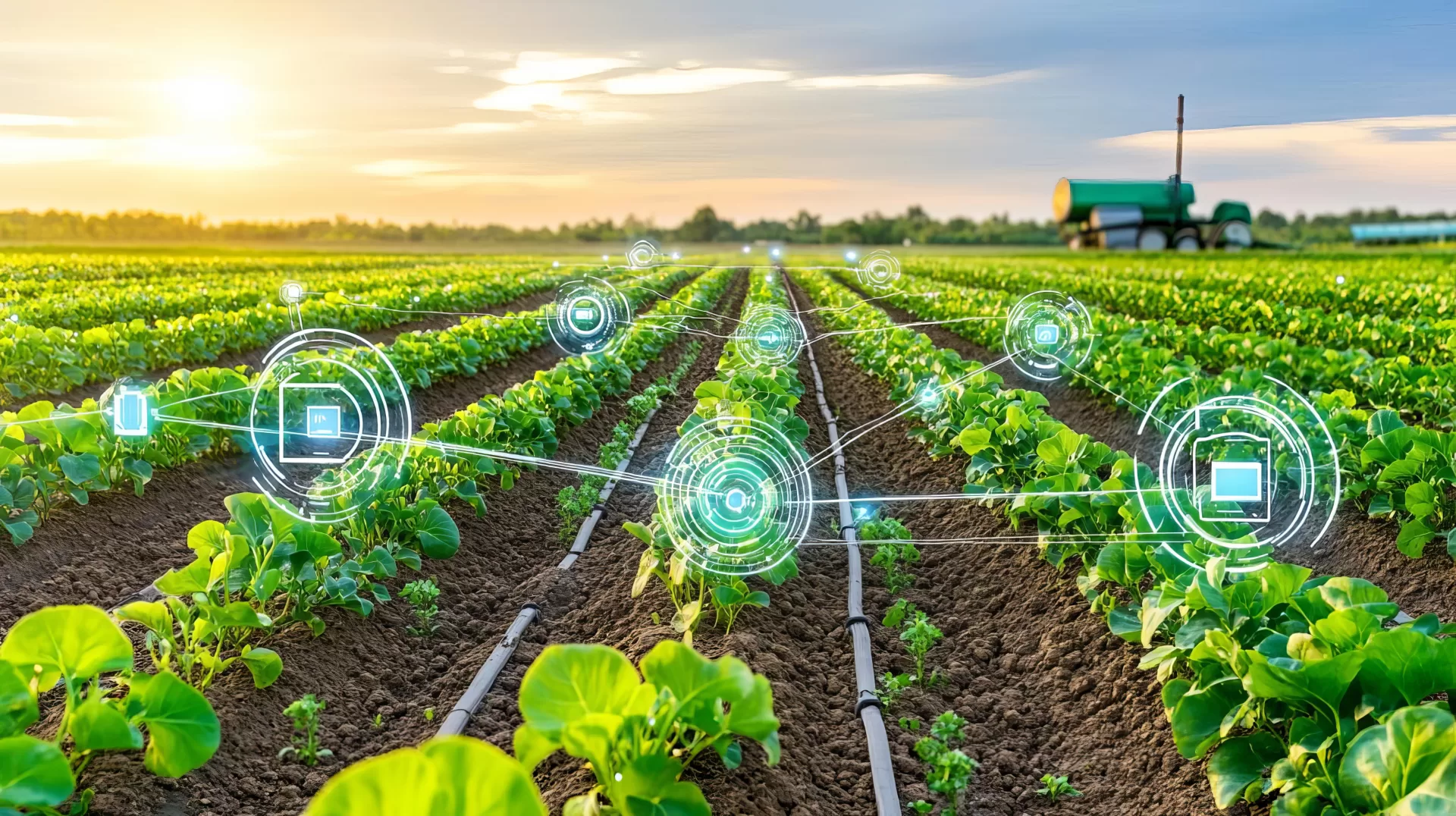Channel Partnerships
Want To Partner With Us?
At Fortitude Nicsa Global, we are more than just a solutions provider—we are a partner in your journey toward greater efficiency, performance, and success. Get in touch with us today.
- Third Party Maintenance
- Storage Hardware Maintenance
- Server Hardware Maintenance
- Network Maintenance & Support
- Data Centre Liquid Cooling Support
- CISCO EOSL Support
- Global Warehousing and FSL's
- Fortinet Maintenance Support
- Networking
- SD-WAN Installations
- Cellular Surveys
- Structured Cabling Services
- Global IoT Solutions
- Starlink & Satellite Internet Solutions
- Professional Services
- Onsite Engineer Dispatch
- Global Rack and Stack Solutions
- Staff Augmentation
- Global ITAD Services
- Global IMAC Services
- Global IT Deployments
- Onsite Voucher Service
- Ekahau Wireless Surveys
- Pre Deployment Surveys
- AP on A Stick Surveys
- Post Deployment Surveys
- Ekahau Predictive Design
- Optimisation and Diagnostic Surveys
- Audio Visual
- Cisco Hardware & Distribution


